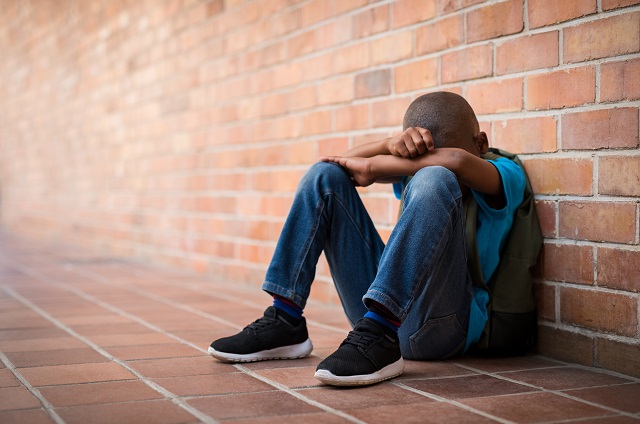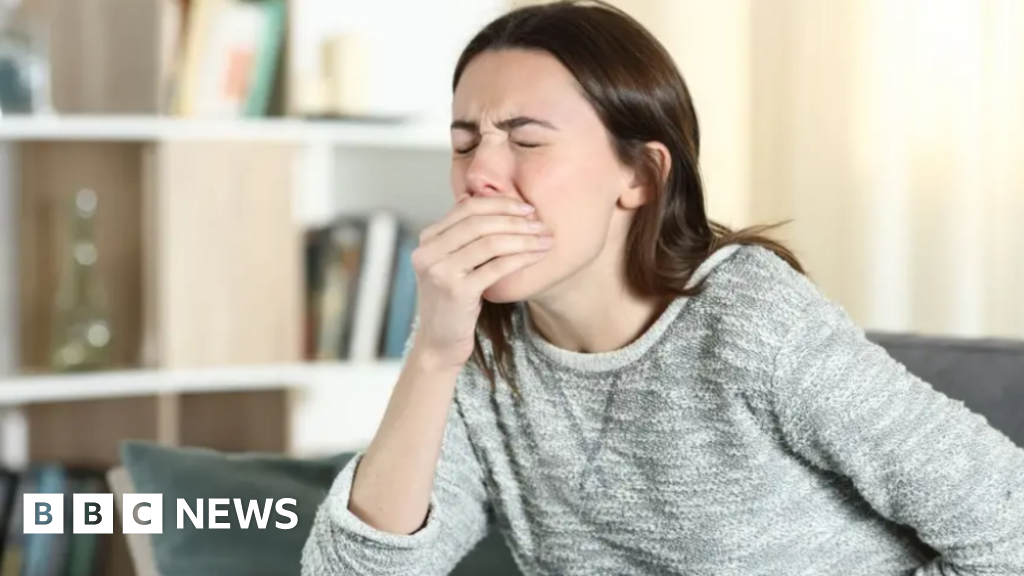
An intensive therapy for children with neuromotor disorders developed by Virginia Tech researchers shows promise for kids with a rare genetic mutation, a new study has found. The study, by investigators at the Fralin Biomedical Research Institute at VTC's Neuromotor Research Clinic, relied on what may be the world's largest clinical cohort of children with CASK gene mutations. The scientists hope the findings, which were published in Advances in Rehabilitation Practice , will give scientists and clinical rehabilitation practitioners a greater understanding of the diagnosis and offer information to them and parents of children with the disorder in areas where therapies can be targeted to help these children develop.
"For these families, this diagnosis doesn't feel rare. This is their child," said Stephanie DeLuca, associate professor at the Fralin Biomedical Research Institute and co-director of the Neuromotor Research Clinic. Receptive communication improved in all children in the study, which included 20 females ranging in age from 12 months to 10 years.

Trunk control improved in a third of the children, gross reaching ability improved in 21%, and fine-motor skills improved in 19%. As of 2020, fewer than 200 cases of CASK mutations have been identified, according to the National Institutes of Health. The mutation can result in microcephaly, or an abnormally small head, impaired growth, intellectual and neuromotor disabilities, and seizures.
The World Health Organization (WHO) defines a rare disease as one that affects fewer than 65 in every 100,000 people. "Disability for these children is very complex," DeLuca said. "In order for a therapeutic intervention to be effective, you have to think about many different components all at one time.
We were trying to put together a model that can be used for investigative targets based on areas of developmental needs many of these children have, as well as areas of positive changes we saw across children." DeLuca, Sharon Ramey, and Karen Echols developed the foundations of the ACQUIRE therapy protocol when they were colleagues at the University of Alabama at Birmingham. It's primarily used for children with cerebral palsy or hemiparesis—a loss of function in limbs on one side of the body.
Ramey is also a co-director of the Neuromotor Research Clinic and a professor at the research institute. Instead of the common dosage of an hour a week, therapists at the Neuromotor Research Clinic work with children three to six hours a day, five days a week, for up to four weeks. Beginning in 2015, the clinic adapted the therapy for children with CASK mutations.
One challenge of the study was identifying appropriate measures of progress. The measures physical and occupational therapists commonly use are based on typical development. But for children in the study, what might seem like minor improvements carry more significance.
Importantly, ACQUIRE therapy's success with children with CASK mutations suggests that this approach based on high-quality intensive therapy could be valuable for kids with many diagnoses, because other types of diagnoses have similar developmental needs. "As researchers, we need to be thinking outside of the typical intervention points," said Dory Wallace, associate director of clinical research and implementation for the clinic, and the study's first author. "What is unusual is the combination of disabilities these children present," Wallace said, "but there are kids with other diagnoses who have similar presentations for whom what we learned could be transferrable.
" Mary Rebekah Trucks, associate director of clinical education, training, and implementation of the Neuromotor Research Clinic, was also an author. More information: Dory A Wallace et al, Clinical use of ACQUIRE Therapy for Children Diagnosed With CASK-Gene Related Disabilities, Advances in Rehabilitation Science and Practice (2024). DOI: 10.
1177/27536351241302852.















